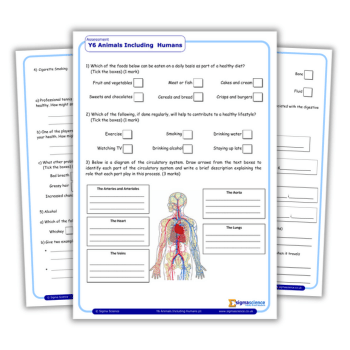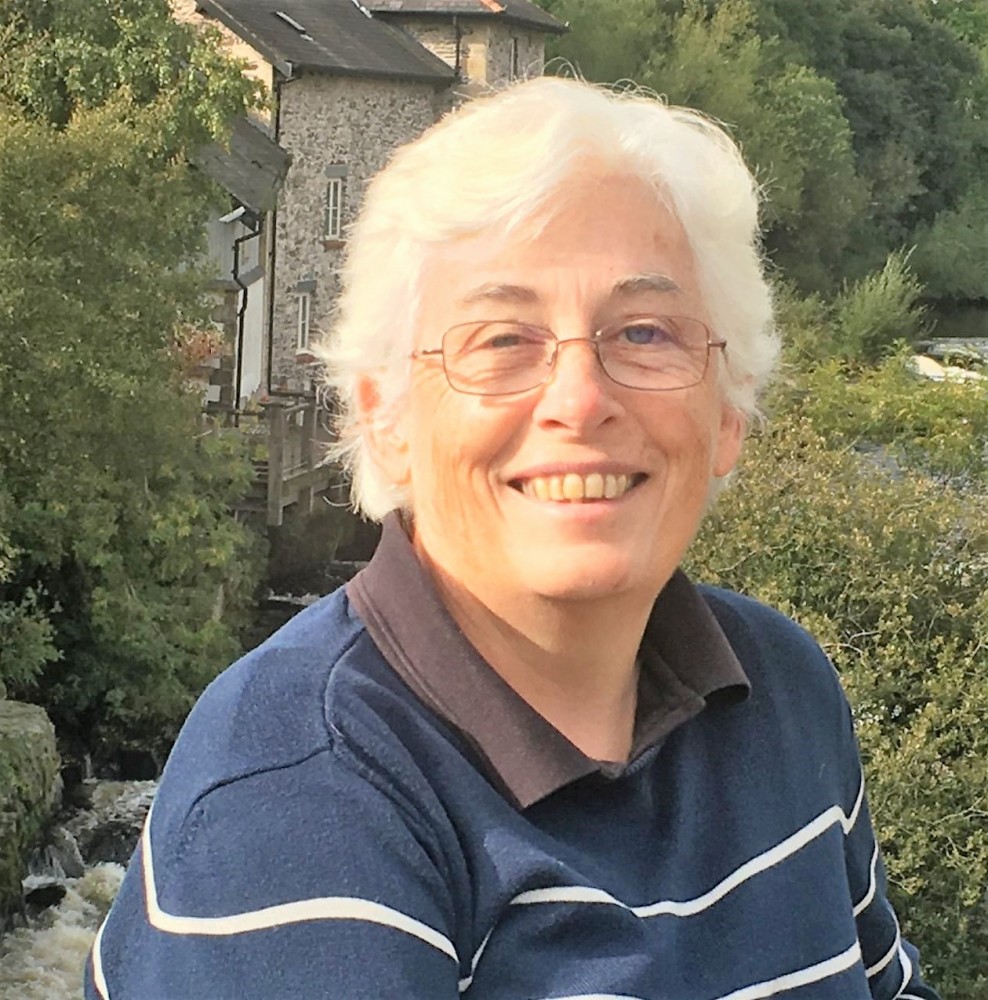Assessment in primary schools – Cognitively challenging learning for able pupils

NACE’s Dr Ann McCarthy explains how effective assessment is integral to the provision of cognitively challenging learning experiences

Research from the National Association for Able Children in Education (NACE) has shown that cognitively challenging experiences – approaches to curriculum and pedagogy that optimise the engagement, learning and achievement of very able young people – have a significant and positive impact on learning and development.
But how can we see this working, and what role does assessment play?
With careful and intentional planning, we can assess cognitive challenge and its impact, not only for the more able pupils, but for all pupils. When considering the place of assessment in education, first we need to be clear about what we are trying to assess.
Then we need to establish how we plan to assess, who the assessment is for, and what assessment will tell us.
Understanding assessment
It is useful to examine assessment using the three educational pillars identified in NACE research:
- Curriculum organisation and design
- Design and management of cognitively challenging learning opportunities
- Rich and extended talk and cognitive discourse to support cognitive challenge
1 | Curriculum organisation
You may be thinking that assessment is not a necessary consideration for curriculum design, because assessment relates to measuring the learner or the content.
However, if you define assessment as ‘The act of judging or deciding the amount, value, quality, or importance of something’, then it is apparent that assessment is not restricted to testing the learner, but can also be used to evaluate the quality, value and importance of the curriculum itself.
So, when planning the curriculum, it’s important to make an assessment based on the profile of pupils, their backgrounds, their needs, and their potential.
How does the curriculum provide pupils with opportunities to learn, enhance experience, overcome barriers, and uncover potential?
It’s also important to make sure that as educators we have access to ongoing professional development and dialogue to develop the understanding of cognitive challenge, as well as our skills to deliver it.
2 | Design and management
Management of the cognitively challenging classroom is rigorous, promoting enquiry and curiosity. Assessment will not limit learning to the acquisition of knowledge, but also develop pupils’ ability to select and apply this knowledge effectively when presented with complex and novel problems.
It’s also important to include assessment of higher-order thinking. This could be a comparison task in which pupils describe the similarities and differences between two situations, make inferences regarding the information, or make choices and be able to justify them.
Assessing cognitively challenging learning will include opportunities for pupils to demonstrate their abilities using analysis, synthesis and evaluation.
We want them to demonstrate how they use their existing knowledge in new, creative or complex ways, so questions might include opportunities to distinguish between fact and opinion, to compare and contrast, or describe differences.
The problems may have multiple solutions or alternative methodologies. It will also include measures of pupils’ abilities to in strategic and extended thinking.
Strategic thinking requires pupils to reason, plan and sequence as they make decisions about the steps needed to solve problems.
Here you can provide problems which are abstract, complex or have multiple solutions or multiple pathways. For example, you can ask older pupils to make regular polygons from triangles.
Explore the number of triangles needed to make the polygons, and encourage more able pupils to discover multiple solutions using different length lines and different arrangements of triangles.
Depending on the route they take, there is potential to discover more information about polygon properties. If pupils are allowed to make these discoveries and formulate arguments related to geometric theories, they can demonstrate the complexity of their thought.
Assessments that demonstrate extended thinking will include investigations, research, problem solving, and real-world application.
3 | Cognitive discourse
A key part of the enquiry process is effective questioning. Assessment in the moment, utilising effective questions and dialogic discourse does not happen by accident.
When planning a lesson, it is useful to think about the big ideas and essential questions which will expose, extend, and deepen the learning.
When asking questions, give the children time to formulate their ideas and think before discussing the responses and extending learning with their own questions and ideas.
Here you can pass ownership of learning over to the pupils. Introduce the theory, necessary linguistic skills and technical language, using these to model good questions and questioning techniques.
Pupils can then work with you to develop their own oracy, language and questioning techniques, and develop them together. Through regular practice and good classroom routines, the children will gain the confidence and skills to ask ‘big questions’ themselves and engage in dialogue.
As pupils explain their thinking, misconceptions or gaps in knowledge will be exposed and you can assess, support learning, and encourage deeper thinking.
Selecting assessment methods
The best assessment methods are those that integrate fully within curriculum teaching and learning. Often, learning time is lost through additional testing and data collection, but when working in cognitively challenging environments, classroom tasks will usually identify how well pupils are learning without the need for separate exercises.
A good way of avoiding lost time is by using an introductory task to review prior learning. For instance, you could begin the lesson by instructing: “Using the information you have on… discuss with a partner… making use of the vocabulary you have learned…”
Within the cognitively challenging classroom we need to use assessment models that promote and sustain cognitive challenge and promote progression, and to measure the impact of both teaching and learning.
It should enable us to understand what the pupils know already and how effectively the knowledge is used in new, varied and complex contexts.
The children also need to understand the nature and purpose of the assessment themselves. When pupils understand the demands of learning, the learning journey and their own cognitive skills and learning attributes, they can then take action to improve themselves.
Assessment is not a separate part of teaching and learning but should be planned as part of it. Similarly, it shouldn’t distract pupils from learning, and learning should not be framed to meet assessment criteria.
Ultimately, assessment is not about data gathering and organisational checks, but should lead to enriched learning and refined practice with teachers and pupils working together to achieve an exciting learning environment.
Assessing cognitive challenge in the classroom
- Assess higher-order thinking by creating opportunities for pupils to analyse, synthesise and evaluate.
- Assess depth of knowledge by including learning which requires strategic and extended thinking.
- Assess in the moment using planned and effective questioning.
- Develop pupils’ language, oracy and questioning skills so that learning gaps and misconceptions can be addressed within the lesson.
- Use assessment methods which provide a baseline, track progress, enable pupils to take responsibility for their own learning, and guide further teaching and learning.








